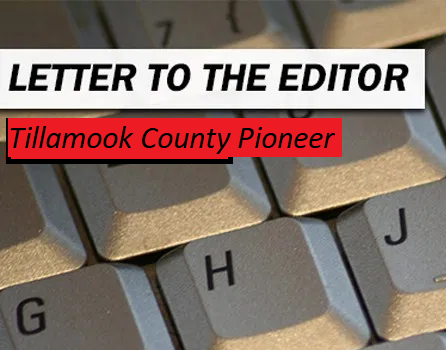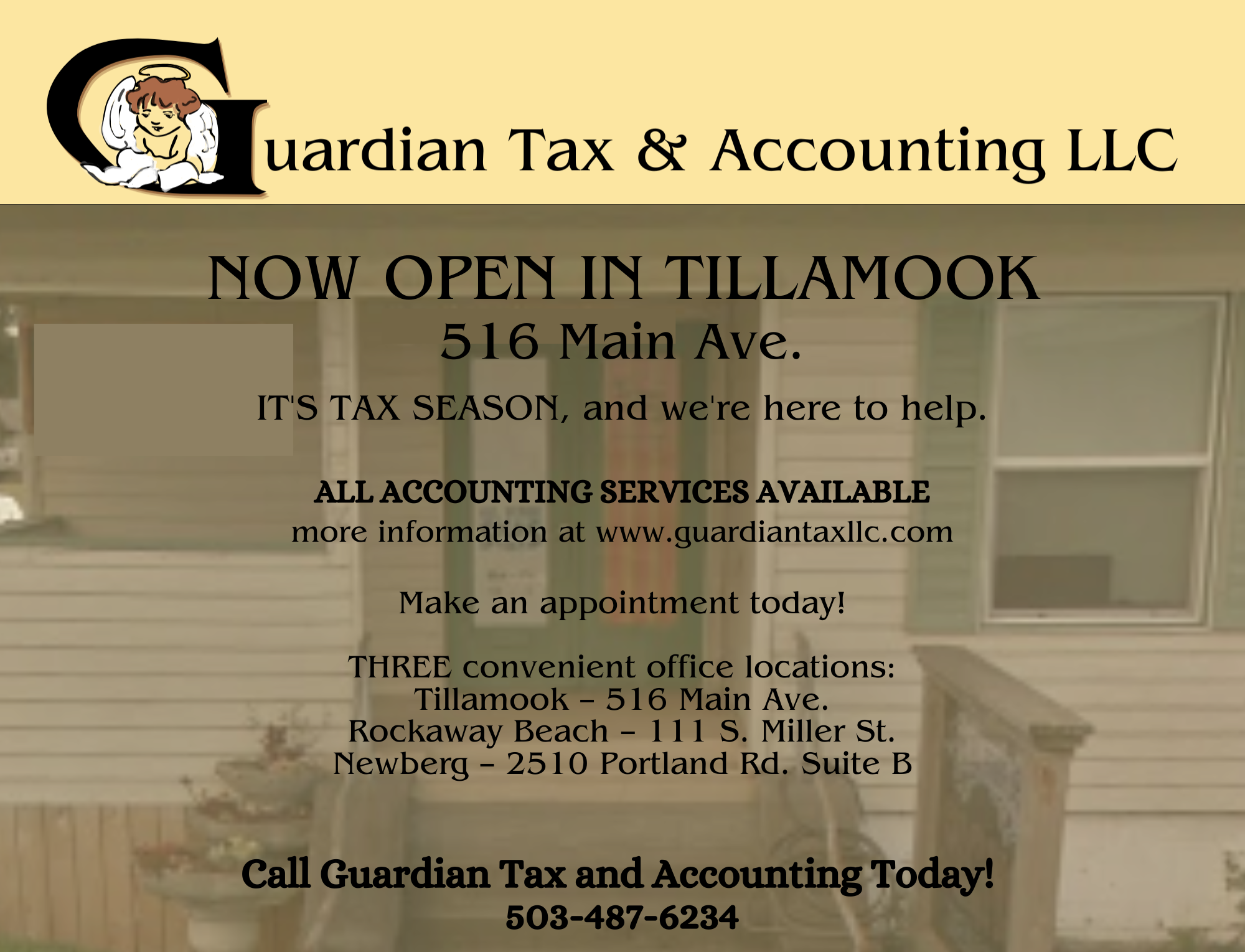When I was born my mother was told I would never walk. She gave support to my learning to walk through exercises and it was successful for me to grow up and live a full life. In my early twenties I was married and had two children living a “normal” life. Then my body began to force me to use implements to support my walking through canes and the walker. While this was a true ego-buster, these supports gave me the opportunity to continue to live independently. I was really excited when the ADA passed in 1990, it meant that my community had to start seeing it through my eyes; my eyes that negotiate every step, every busy street to cross, and every flight of stairs, with dread. The ADA meant hope. I discovered in my late thirties that the wheelchair would not be a sentence but a liberation for me to move my body from one place to another. I once again regained my independence and ability to continue to work and live the life I choose. My children grew and now I have four grandchildren that I wish I were geographically closer. Now that I am in my sixties my body has grown more dependent on my chair. This creates access challenges where my community has not yet addressed full accessibility and inclusion practices which look different for everyone. My perspective is unique as all disabilities are unique.
I believe disability is natural. If someone has had the good fortune of not having experienced any form of disability yet, the natural process of aging will eventually affect all of us physically. Even though we may think we understand what it takes to make all places accessible, we must get those involved that have the life experiences with physical and cognitive disabilities. They will show us what supports and accommodations it will take to achieve the equitable life same their peers. Please vote for Constance Shimek who has listened to hear my story, she will also listen to yours.
Kimber Lundy
NCRD Theater Active Participant


